
By Constance Gbedzo, Risk & Enterprise Development Expert
Many factors debilitate Ghana’s quest to achieve high national performance in our businesses, national governance, and works or jobs.
We have witnessed, over the years, high dependency on excessive borrowing even for consumption, high debt repayment obligations, high cost on the service sector, massive corruption or wastage across board, and largely, the hatred to see others make progress in Ghana, and institutionalized regulatory infractions with impunity.
On paper, Ghana is considered a very well organized society. We have good legal framework, good organizational structures, and well trained human capital. These organizational structures are to ensure good decision making processes. Surprise to note, however that, where it matters most, these structures and legal framework are usually rendered redundant.
Indeed, the ‘cost of poor governance practices over the years has been enormous’; fiscal debt overhung, dwindling economic opportunities, high cost of living and unemployment. Ghanaians, therefore, were concerned about the obvious governance infractions.
The “poor corporate governance across public enterprises has also had a significant adverse impact on Ghana’s fiscals, with state owned enterprises reporting significant and persistent operating losses”. This has resulted in overwhelming support for the current President, His Excellency John Mahama when he promulgated the idea of resetting Ghana.
Many Ghanaians had a cause to question the roles being played by the parliament of Ghana and the judiciary in ensuring the practice of good corporate governance in Ghana.
Ghana has long been lauded for its democratic credentials and peaceful transitions of power since the advent of multi-party elections in 1992. The judiciary, particularly the Supreme Court, has played a crucial role in this success, often mediating contentious electoral disputes and compelling state institutions to act in accordance with the law.
This history of judicial activism in defense of democratic principles has, in the past, built a strong public trust, leading citizens to seek redress in the courts rather than in the streets.
The law in Ghana should serve as a fundamental enabler for economic development by providing a framework of predictability, security, and fairness that encourages investment, facilitates business, and supports overall economic growth. Rule of law must provide the catalyst for investor confidence.
A strong and predictable legal system, characterized by the rule of law, is fundamental for attracting both domestic and foreign investment. Investors need assurance that their property rights will be protected, contracts will be enforced, and disputes will be resolved fairly and efficiently. Ghana’s 1992 Constitution emphasizes democratic principles and an independent judiciary, which are crucial for fostering this confidence.
However, data and public sentiment suggest a significant shift. Ghana’s judiciary, long considered a pillar of the nation’s democratic stability, has come under intense scrutiny. According to a 2021/23 Afrobarometer survey, public trust in the courts was at an all-time low.
A staggering 62% of Ghanaians reported having little or no trust in the courts, a sharp increase from 30% in 2005/06. Even more alarming, 97% of respondents perceive judges and magistrates as corrupt.
To this end, the legal system requires continuous reform and effective enforcement crucial for maximizing its positive impact. The following provide the essence of a robust local judiciary system:
Provides protection of property rights: Secure property rights and encourage investment in land, businesses, and other assets. When individuals and businesses feel their assets are safe from arbitrary seizure or expropriation, they are more likely to invest, innovate, and contribute to economic growth.
Though challenges relating to land tenure, especially the integration of customary and statutory law still exist, Ghana’s legal framework includes provisions for property rights.
Underlies contract enforcement: A robust legal system ensures that commercial agreements are binding and enforceable. This reduces the risk of doing business, encourages trade, and facilitates complex economic transactions. The ability to enter into and enforce contracts is essential for the smooth functioning of markets.
Fosters business regulation and facilitation: Laws and regulations govern the establishment, operation, and dissolution of businesses. Well-designed laws can streamline business registration, protect consumers, promote fair competition, and ensure responsible corporate behavior.
Ghana has enacted legislation like the Ghana Investment Promotion Centre (GIPC) Act, the Free Zones Act, and recently the GoldBoD Law, among others, to promote economic development and regulate investor activities. Laws like the Payment Systems and Services Act 2019, Electronic Transactions Act 2008, and Cyber security Act 2020 are also aimed at digitalizing the economy and enhancing security for business transactions.
Combat Corruption and Financial Crime: Strong legal frameworks and institutions are vital for combating corruption and financial crimes, which can significantly hinder economic development. Legislation like the Anti-Money Laundering Act 2020 demonstrates Ghana’s commitment to aligning with international standards in this regard.
Labor Laws: Fair and clear labor laws protect workers’ rights, provide a stable environment for employment, and contribute to a productive workforce.
Dispute Resolution: An accessible and efficient judicial system, including specialized divisions like the Commercial and Land Courts, provides mechanisms for resolving disputes, which is essential for maintaining economic stability and certainty.
While the legal framework is a key enabler, Ghana, like many developing countries, faces challenges in its implementation and effectiveness. Critics and political players and observers are increasingly raising concerns about the growing politicization of the law and the judicial system, with many pointed to the tenure of Chief Justice Gertrude Torkornoo as a period of heightened tensions and eroding public trust. This situation, they argue, has had a direct and negative impact on the lives of ordinary Ghanaians.
Justice Gertrude Torkornoo was sworn in as the 15th Chief Justice of Ghana in June 2023. While her appointment was initially met with a mix of anticipation and hope, a series of events and court rulings have since fueled public perception that the judiciary is becoming increasingly aligned with the political interests of the executive branch.
There has been rise of suspicion leading to eroding of public trust, perception of political bias in the judiciary. This perceived politicization is taking a heavy toll on public confidence in the judicial system. Public trust in the courts has seen a significant decline, with a considerable percentage of Ghanaians expressing little or no faith in the courts impartiality.
This mistrust is exacerbated by a perception that the courts handle political cases in a way that favors the then ruling government. Examples cited by critics include the swiftness with which the Supreme Court ruled on certain cases with political implications, particularly those that align with the government’s agenda, while similar cases brought by the opposition political parties were seen to languish in the courts for years. This inconsistency in rulings, critics argue, deepened the mistrust and fueled the perception that the judiciary was doing the executive’s bidding.
A key concern is also the perceived inconsistency and timeliness of judgments. For instance, cases challenging government actions were languishing in court for years, only for a ruling to be delivered when the matter was no longer relevant. A notable example is the Supreme Court’s three-year delay in ruling on the removal of the Auditor-General, Daniel Yao Domelevo.
By the time the court declared the president’s action unconstitutional, Domelevo had already retired. Similarly, a challenge to the COVID-19 Imposition of Restrictions Act took three years to be declared unconstitutional, long after the pandemic had subsided. These demonstrate how justice was rendered moot by such delays.
In stark contrast, cases perceived as politically favorable to the government appear to be handled with remarkable speed. The swift affirmation of the Deputy Speaker’s right to vote on a budget approval when Parliament lacked a quorum, while a similar case challenging the electronic transaction levy remained pending for over two years, has deepened the public’s suspicion of judicial impartiality.
The process of judicial appointments, particularly for the Supreme Court, was often cited as a key factor in the politicization of the bench. While the constitution guarantees judicial independence, concerns remain about the influence of the executive in appointing judges.
Nonetheless, public perception of lack of accountability has also been on the rise. If the judiciary is seen as a tool of the executive, it becomes less effective as a check on government’s power. This can lead to a lack of accountability on the part of government officials and a weakening of democratic institutions. The judiciary’s administrative and financial dependence on the executive was also a source of concern.
The pace of judicial processes are sometimes slow, which can be a deterrent for businesses needing quick resolution of disputes. Some studies indicate that bureaucracy, complex registration processes, and certain regulations can negatively affect the growth of Small and Medium-sized Enterprises (SMEs).
Furthermore, the conduct of judges, both in and out of the courtroom, was under increased scrutiny, leading to the judges being advised to avoid excessive entanglements with political actors and to be cautious about their words and actions, as these can easily be interpreted as partisan.
The implications of this erosion of public trust are dire. It is a potential threat to Ghana’s democratic stability. As the former National Security Minister, Albert Kan-Dapaah warned, a persistent perception that the judiciary favors the government could lead people to lose confidence in the rule of law and resort to extra-legal means to address their grievances. This could lead to a breakdown of democratic norms and potentially a decline in Ghana’s political stability.
Political parties, including those in opposition, have expressed their disillusionment with the courts, with some vowing to seek redress through other means. This is a worrying development for Ghana’s democracy.
To reverse this trend, the Ghanaian judiciary must take proactive steps to regain public confidence. This includes: Timely and consistent rulings: Addressing political cases with the same urgency and consistency, regardless of the parties involved; Upholding fidelity to the law: ensuring that judicial decisions are based on a faithful interpretation of the Constitution and existing laws, and not on political expediency; Enhancing transparency: embracing technology to make court processes more transparent, including electronic filing and the timely delivery of opinions; Judicial Accountability and Ethics: adhering to the highest standards of ethics and professionalism, both on and off the bench.
These will remove the perception of a politicized judiciary which is a threat to Ghana’s democratic progress. Rebuilding public trust requires a concerted effort from the judiciary to demonstrate its independence, impartiality, and commitment to the rule of law. The future of Ghana’s democracy depends on it.
Following from the foregone analysis Ghanaians have agreed when the President John Mahama said, we need to reset Ghana, and I believe, the Judiciary is no an exception. In this regard, following misconduct petitions received from Ghanaians, the Chief Justice Gertrude Torkornoo was suspended from her position. This unprecedented move, the first time a sitting Chief Justice has been suspended in Ghana’s history, has been met with fierce debate. While the current administration claims the suspension is necessary for a fair investigation, opposition leaders and some legal experts have vehemently condemned it as a political maneuver to interfere with the judiciary’s independence.
Those who described the current situation as a constitutional crisis, argue that the suspension of the Chief Justice has exposed the structural vulnerabilities in Ghana’s system of checks and balances. While the constitution provides a legal framework for such actions, its unprecedented use and the perceived lack of transparency surrounding the petitions have raised questions about the motives behind the move.
It is, however, crucial to note that neither the Council of State nor the President of Ghana, in the exercise of their constitutional mandates, had anyway violated the laws of Ghana. Interestingly, however, the suspended Chief Justice, Justice Gertrude Torkornoo reportedly filed a suit at the ECOWAS Community Court of Justice in Abuja, Nigeria, on July 4, 2025 against the Republic of Ghana. She is alleging human rights violations stemming from her suspension and the ongoing proceedings for her removal.
This action of hers may as well give credence to Ghanaians’ suspicion of the judiciary bias in Ghana. Many Ghanaians may have suffered similar human rights violations even under her watch as the Chief Justice. The question remains as to how many Ghanaians could afford a further suit in the superior courts and/or at the ECOWAS court.
As the nation awaits the outcome of the investigation into the Chief Justice’s conduct and her pursuit of justice at the ECOWAS court, the debate over judicial independence continues to intensify. Many believe that the future of Ghana’s democracy depends on the judiciary’s ability to demonstrate its impartiality and regain the trust of the people it is meant to serve.
This perception of politicization is not just anecdotal; it is reflected in partisan lines. While both the ruling and opposition parties have expressed dissatisfaction with court rulings, there is evidence to suggest a partisan divide in trust levels. Public discourse and social media have amplified these concerns, with every court decision scrutinized for signs of political bias.
There is the need for the courts to rebuild public confidence in an era of excessive partisanship. The lack of fidelity to the law and a departure from a strict interpretation of constitutional provisions can easily create the perception of partiality.
The writer is a Risk & Enterprise Development Expert
The post Judiciary, a pillar under scrutiny: Concern of Ghanaians under Chief Justice Torkornoo’s tenure appeared first on The Business & Financial Times.
Read Full Story
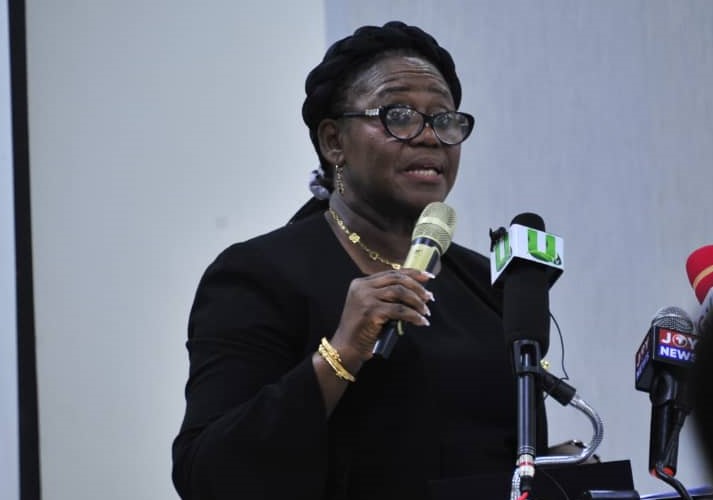
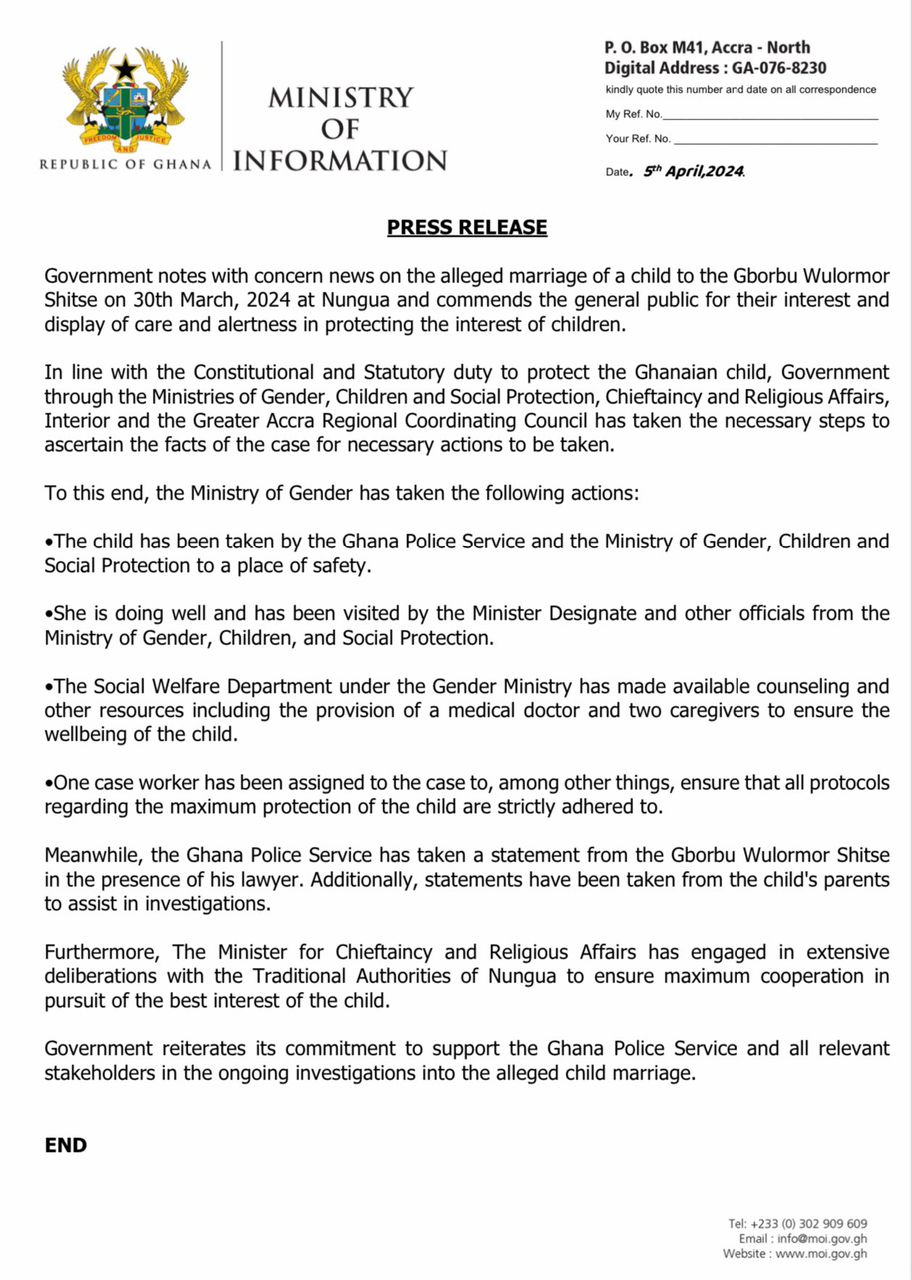
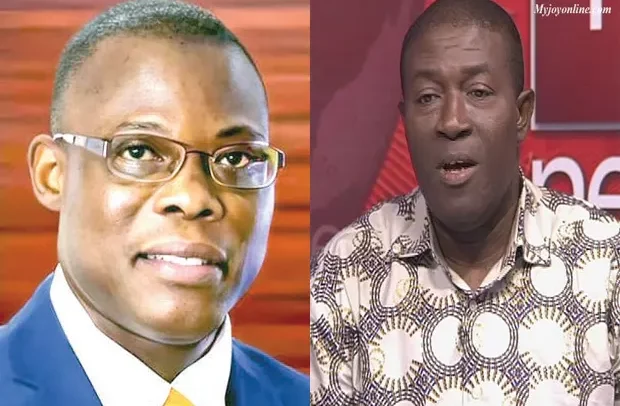







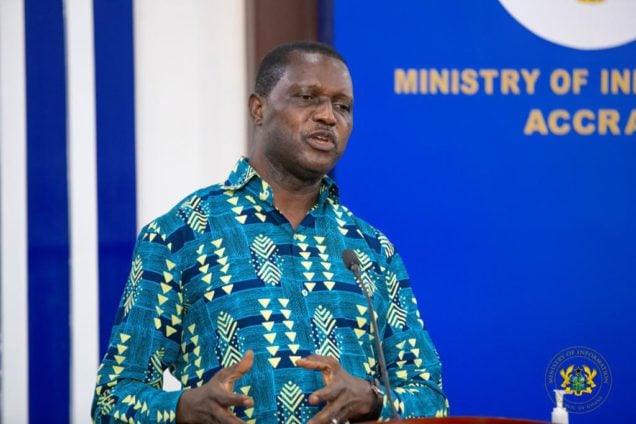

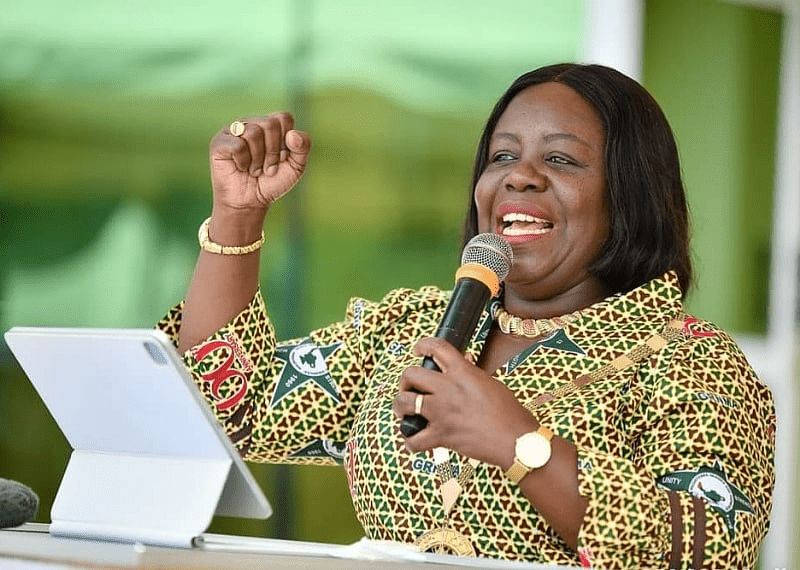

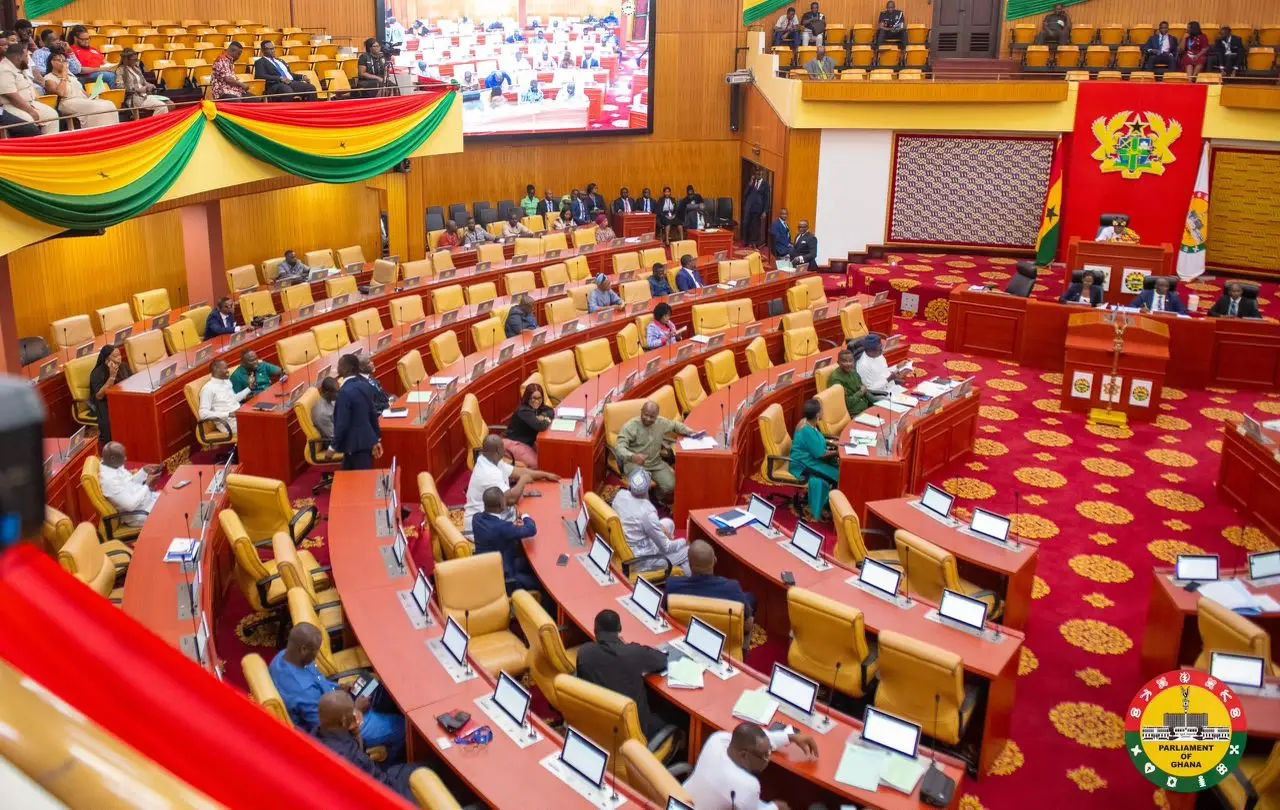



Facebook
Twitter
Pinterest
Instagram
Google+
YouTube
LinkedIn
RSS